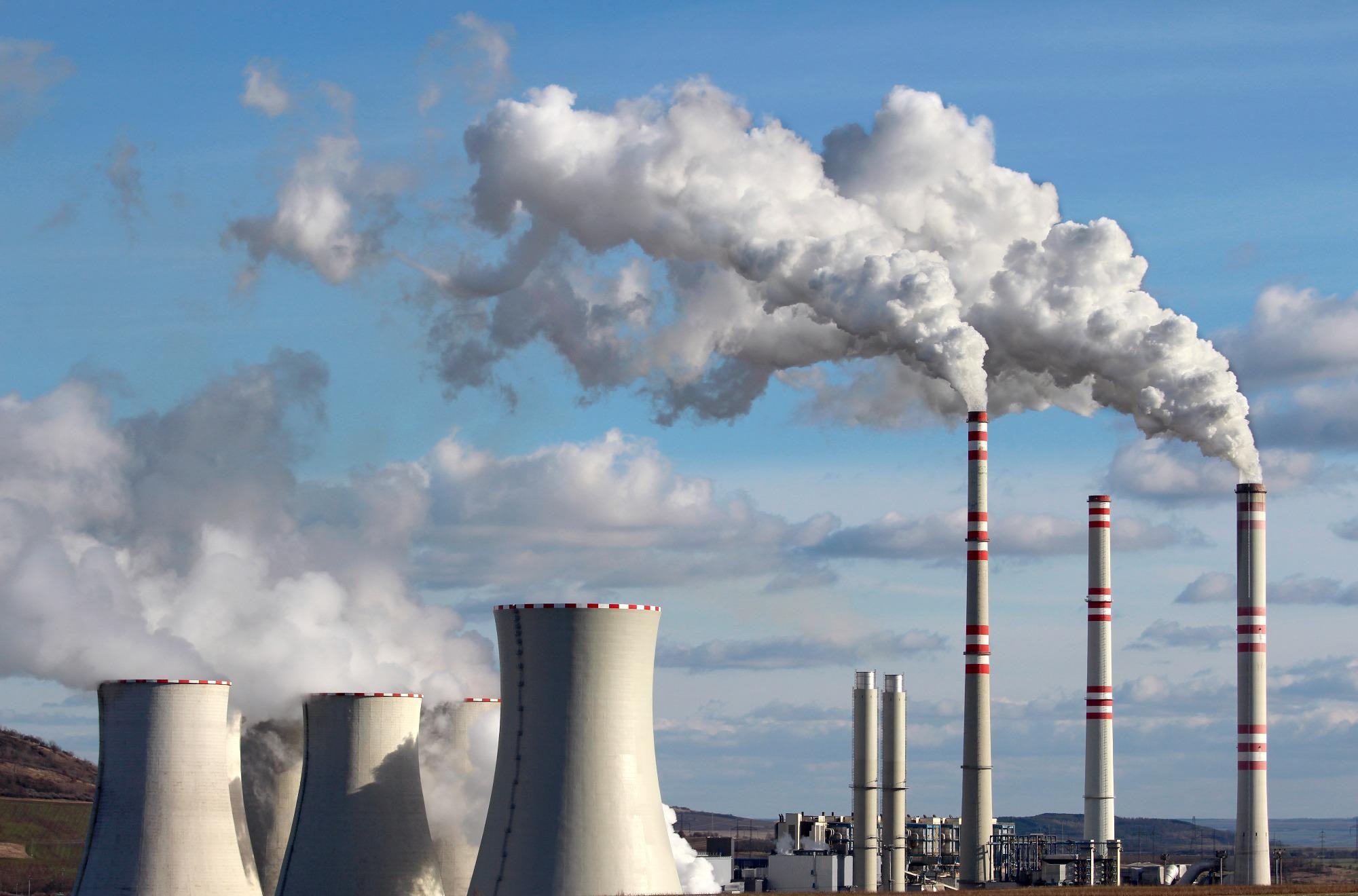A study of decadal episodes of drop in fossil fuel across 105 countries between the years 1960 and 2018 reveals that limiting climate change to the 1.5°C target fixed by the Paris Climate Agreement will probably necessitate coal and gas power use to decrease at rates that are unparalleled for any large country.

Image Credit: Shutterstock.com/ Kodda
Moreover, the details of the study, reported in the October 22nd issue of the journal One Earth, propose that the most rapid historical cases of a decrease in fossil fuel happened when oil was substituted by gas, coal or nuclear power in response to energy security pressures of the 1970s and the 1980s.
Decarbonizing the energy industry is a predominantly significant strategy for attaining the goal of net-zero greenhouse gas emissions by 2050, which is essential in order to stop global average temperatures from climbing more than 1.5°C this century.
But, few studies have examined the historical precedent for such an unexpected and sweeping shift — especially the decrease of carbon-intensive technologies that must go together with the extensive implementation of greener ones.
“This is the first study that systematically analyzed historical cases of decline in fossil fuel use in individual countries over the last 60 years and around the world,” says Jessica Jewell, an associate professor in energy transitions at Chalmers University in Sweden, a professor at the University of Bergen in Norway, and the study’s corresponding author.
Prior studies sometimes looked at the world as a whole but failed to find such cases, because on the global level the use of fossil fuels has always grown over time.
Jessica Jewell, Study Corresponding Author and Associate Professor in Energy Transitions, Chalmers University
“We also studied recent political pledges to completely phase out coal power, which some 30 countries made as part of the Powering Past Coal Alliance. We found that these pledges do not aim for faster coal decline than what has occurred historically. In other words, they plan for largely business as usual,” she added.
To explore whether any periods of historical fossil fuel decrease are akin to situations needed to realize the Paris target, Jewell and her colleagues, Vadim Vinichenko, a post-doctoral scientist at Chalmers and Aleh Cherp, a professor at Central European University in Austria and Lund University in Sweden, identified 147 episodes within a sample of 105 countries between 1960 and 2018 in which oil, coal or natural gas use decreased faster than 5% spanning 10 years.
The fast decline in fossil fuel use has been historically restricted to small nations, such as Denmark, but such cases are less applicable to climate situations, where the drop should occur in continental-size regions.
Jewell and colleagues concentrated the examination on cases with rapid rates of fossil fuel decrease in larger countries, which show substantial technological shifts or policy efforts, and controlled for the growth in electricity demand, the size of the energy sector and the type of energy with which the decreasing fossil fuel was replaced.
They matched these reports of historical fossil fuel decrease to climate mitigation settings using a tool known as “feasibility space,” which categorizes combinations of conditions that make a climate action achievable in specific contexts.
We were surprised to find that the use of some fossil fuels, particularly oil, actually declined quite rapidly in the 1970s and the 1980s in Western Europe and other industrialized countries like Japan. This is not the time period that is typically associated with energy transitions, but we came to believe that some important lessons can be drawn from there.
Jessica Jewell, Study Corresponding Author and Associate Professor in Energy Transitions, Chalmers University
Fast decrease of fossils historically necessitated improvements in competing technologies, robust motivation to modify energy systems (such as to evade energy security threats) and effective government organizations to execute the needed changes.
“We were less surprised, but still somewhat impressed, by how fast the use of coal must decline in the future to reach climate targets,” she adds, highlighting that, compared to all the fossil fuels, coal would need to decrease the most swiftly to meet climate targets, mainly in Asia and the OECD regions where coal use is intense.
Around one-half of the IPCC 1.5°C-compatible scenarios predict coal decrease in Asia sooner than in any of these cases. The rest of the scenarios, as well as numerous scenarios for coal and gas decline in other regions, only have precedents where oil was substituted by gas, coal or nuclear power in response to energy security threats in minor electricity markets.
Realizing the 1.5°C target necessitates finding mechanisms of fossil fuel decline that go beyond historical experience or existing pledges.
The researchers learned that almost all scenarios for the decrease of coal in Asia, in line with Paris Agreement’s goals, would be historically unmatched or have uncommon precedents. Over half of scenarios intended for coal decline in OECD nations and over half of scenarios for minimizing gas use in reforming economies, the Middle East or Africa would also be unmatched or have uncommon precedents.
This signals both an enormous challenge of seeing through such rapid decline of fossil fuels and the need to learn from historical lessons when rapid declines were achieved on the national scale.
Jessica Jewell, Study Corresponding Author and Associate Professor in Energy Transitions, Chalmers University
Journal Reference:
Vinichenko, V., et al. (2021) Historical precedents and feasibility of rapid coal and gas decline required for the 1.5°C target. One Earth. doi.org/10.1016/j.oneear.2021.09.012.